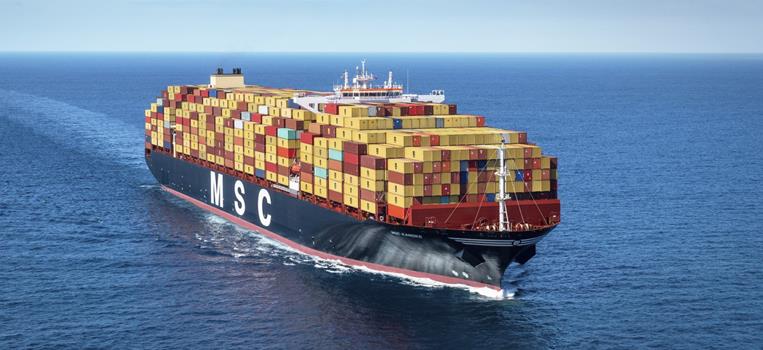A safe path to recycling compliance: DNV GL’s new guidance works to support shipowner decisions
Jun 10, 2020DNV GL, the world’s leading classification society, has launched a new guidance on recycling to help shipowners navigate a regulatory environment that is becoming increasingly complex. With the IMO Hong Kong Convention not yet in force, strict enforcement of the EU Ship Recycling Regulation (EU SRR) and the EU Waste Shipment Regulation (EU WSR) means shipowners must carefully plan for the end of life of their vessels.
Shipowners looking to make informed, economic and responsible decisions about how to deal with vessels at the end of their lifecycles face a much stricter and more complex set of international, regional and national requirements than in the past. With regulators targeting shipowners with significant financial penalties, even criminal offences, shipowners need a careful and considered strategy for dealing with ship recycling of their vessels.
“Ship recycling is an area where we can see significant pressure building in our industry, both from regulators, wider stakeholder groups and the public,” said Knut Ørbeck-Nilssen, CEO of DNV GL – Maritime. “This means that ensuring compliance is essential for shipowners looking to protect their reputations and businesses, while building trust that their vessels are recycled in a safe and sustainable manner.”
The new guidance: “SHIP RECYCLING: NAVIGATING A COMPLEX REGULATORY LANDSCAPE”, aims to give a better basis for decisions on the recycling of vessels. It sets out the main recycling options, the legal, reputational and financial risks, and provides a process that can help to assess whether an individual yard is likely to carry out recycling to an acceptable level, in line with recognised regulations and standards. This process has been designed by DNV GL to provide owners a template for action, in the absence of internationally accepted certifications outside the EU scheme, when they are dealing with yards not on the EU approved list.
“Recent cases have shown that without a clear awareness of the risks within the complex regulatory landscape that surrounds recycling, shipowners can find themselves facing major financial and opportunity losses,” says Jannicke Eide Fredriksen, DNV GL – Maritime. “With this new guidance, DNV GL is working to support shipowners in their decisions, by setting out the standards involved and the many critical factors to consider, primarily when dealing with yards that are not included on the EU approved list.”
Similar Stories
AGLPA Issue Update - Nov 2024
Today the Maritime Administration (MARAD) awarded nearly $580 million to 31 recipient ports in 15 states and territories. These grants are from the agency's Port Infrastructure Development Program (PIDP). Five…
View Article
Viking Line named Finnish security organization of the Year
View Article
Ocean Network Express and Seaspan Corporation jointly announce the establishment of ONESEA Solutions
View Article
MSC Customer Advisory
View Article
ZIM launches its USA Employer Brand Campaign to attract top talent
View Article
Hapag-Lloyd achieves good result in first three quarters of 2024
View ArticleGet the most up-to-date trending news!
SubscribeIndustry updates and weekly newsletter direct to your inbox!





